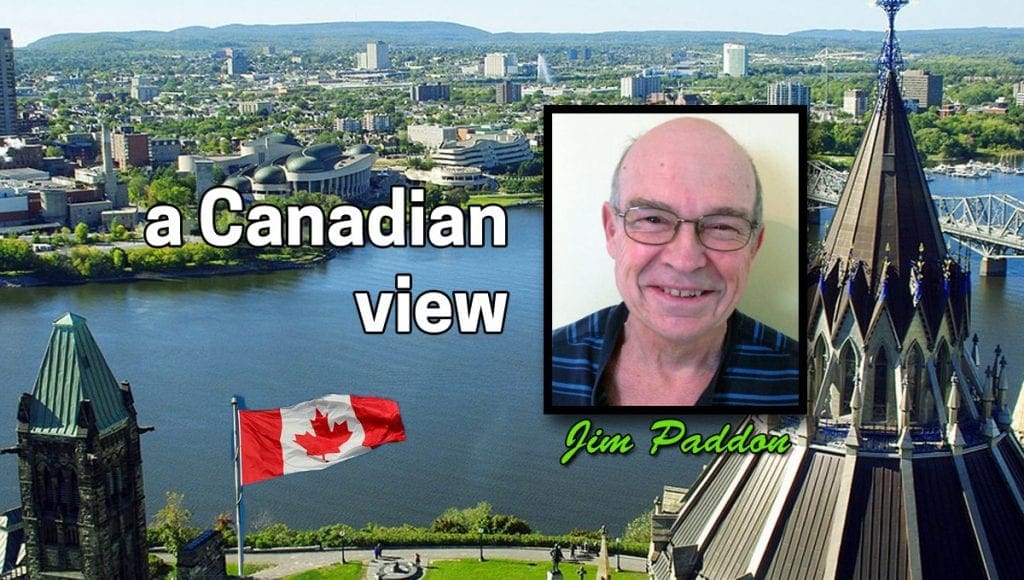Servant leadership is term used within the Society of Saint Vincent de Paul and is likely familiar with many branches of the Vincentian family. Last month I spoke about good governance and I’d like to continue on this same pathway in discussing servant leadership. The term can confuse some as they may wonder if you serve how can you also lead. In reverse how can a good leader also be a servant.

I would suggest the best leaders are those who understand the importance of the lower level members of the structure in making the organization more accountable and responsible to its membership. A strong governance model would include an excellent way the higher executive can be open to the voices of all members.
In Canada, the Society of Saint Vincent de Paul has long been a top down structure. Some results of such a structure may include membership loss, lack of interest in holding a higher position or a general lack of faith in the operation. We have not had an actual election (two or candidates) for a national president in 20 years. Except for one of our five regions, this same unfortunate result is also evident.
The solution is not an easy one, but one easy step is the make the national council more diverse and representative of our membership and those we serve. This same trickle down effect should be part of every council/conference. We can remain a lay Catholic organization but still recruit members from outside of the normal parish level source.
A national council with more truly elected members on the board of directors would also enhance our opportunities to being more responsive to our general membership. While this take some corporate re structuring, it is attainable.
About the author:
 Jim Paddon lives in London, Ontario, Canada and is a Canadian Vincentian. He is married to his dear wife Pat and they have six daughters and eleven grandchildren. Jim has been a member of the Society since the 1970’s.
Jim Paddon lives in London, Ontario, Canada and is a Canadian Vincentian. He is married to his dear wife Pat and they have six daughters and eleven grandchildren. Jim has been a member of the Society since the 1970’s.
I respectfully acknowledge the traditional, unceded territories of the Indigenous Peoples, including First Nations, Metis and Inuit, on which lands we meet, work and live.







0 Comments